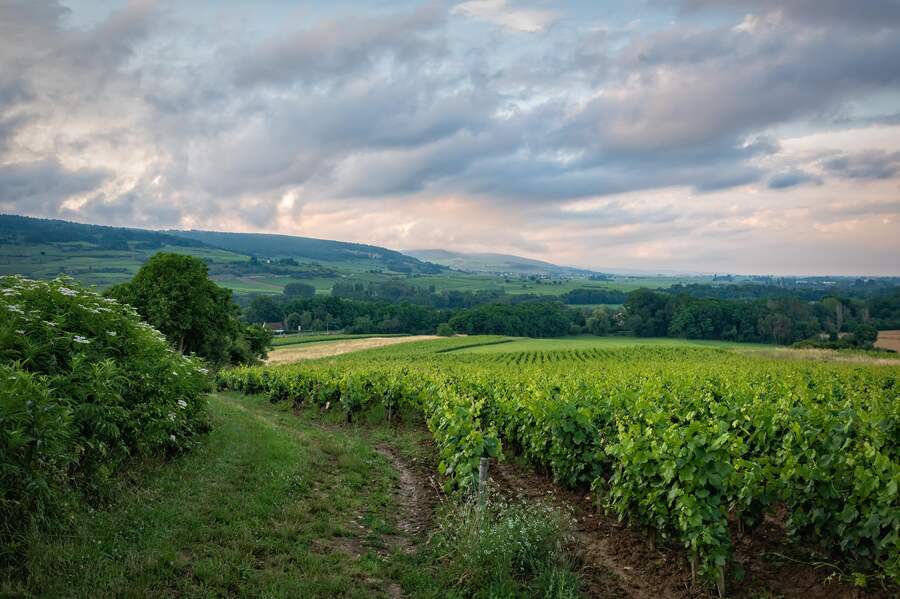Rediscovering Bali’s Local Soul through Sustainable Travel
Bali. The name alone conjures images of golden beaches, swaying palms, and sunsets that set the sky ablaze. For many, it’s a tropical escape — a place to unwind, indulge, and forget the world. But just beyond the infinity pools and resort walls lies a different Bali, one shaped by farmers tilling their ancestral land, vintners cultivating tropical vines, and artisans preserving age-old crafts. This is the Bali where struggles and potentials coexist, where stories of resilience, innovation, and sustainability quietly unfold.
Eco-tourism experiences, such as sunrise hikes up Mount Batur, snorkelling at Menjangan Island, or bird-watching in West Bali National Park, connect you to Bali’s biodiversity and the communities working to protect it. Nature’s Call: A Different Kind of Escape.
These eco-tours are often led by locals who understand the delicate balance between tourism and conservation. Participating in beach clean-ups, coral restoration projects, or visits to turtle sanctuaries allows you to give back to the very landscapes you enjoy. In Bali, as in destinations like Costa Rica or New Zealand, eco-tourism is a two-way street — protecting nature while enriching the traveller’s journey.
Could our holidays do more than just let us escape? Could they help us connect?
Fields of Green, Faces of Resilience

Bali’s terraced rice fields, like those in Jatiluwih and Tegallalang, are breathtaking. I used to stroll along the long narrow paths in between rice fields – muds between my toes, which is my true Bali lifescape moment. These living landscapes, managed by the ancient subak irrigation system, are more than just beautiful backdrops — they’re a symbol of community cooperation dating back over a thousand years. So amazing to learn that the Balinese so ahead of this irrigation concept before people talk about sustainable tourism. Today, however, this way of life faces threats: shrinking yields, unpredictable weather, and younger generations drawn to urban opportunities.
Engaging in agro-tours, means learning and stepping into a farmer’s muddy boots and experience the rhythm of planting or harvesting rice. These immersive experiences — often organised by local cooperatives — help sustain traditions and directly support farming communities. Bali’s fields of green are part of a global story of smallholders struggling against the tides of modernisation, seen everywhere from Thailand’s rice paddies to Italy’s olive groves. By supporting local agro-tourism, you ensure that these essential landscapes, and the people who care for them, thrive. Maybe we also need to remind people that managed to turn a plot of rice field into a villa to be mindful and maybe feel a bit guilty to cut the subak irrigation system.
Bali’s Vineyards: Tropical Wines, Local Stories
Let’s go further to the North and find the Balinese grape growers. The island’s vineyards are flourishing against the odds. While Wine and Bali might seem an unlikely pairing, but locally produced wines from wineries like Sababay and Hatten Wines are crafting bottles that are earning global recognition. These wines are more than a tropical curiosity — they represent the ingenuity of Balinese and reputable vintners set the partnerships with local farmers who grow the grapes.

A winery tour in Sababay Winery in Gianyar, Bali is a revelation. Learning about the challenges of tropical winemaking, exploring the potential of Bali and enjoy tastings under the trees in the lush garden plus pairing local wines with traditional Balinese dishes are a real new gastronomy tourism experience. Further it’s a reminder that sustainable tourism can support industries that celebrate both innovation and community. From Argentina, Italia, France, Australia to South Africa, wine regions worldwide are proving that viticulture is about more than terrier — it’s about the people who cultivate it. In Bali, every sip tells a story of resilience and adaptation.
Savouring Bali’s Culinary Heritage
Talking about gastronomy tourism, Bali’s food culture is as rich and layered as its landscapes. Beyond the trendy cafes and fusion restaurants, there exists a culinary heritage that is both sacred and vulnerable. Farmers cultivate cacao, coffee, and spices, while local chefs transform these ingredients into dishes that have been passed down for generations.
Gastronomy tourism offers a way to support this heritage. Join a cooking class where grandmothers share the secrets of babi guling (spit-roasted pork) or visit a market where every ingredient has a story. Farm-to-table dining in places like Ubud and Sidemen isn’t a trend — it’s a necessity for sustaining local livelihoods. Choosing to explore Balinese cuisine is more than a sensory experience; it’s a way to ensure that this culinary legacy endures.
Sustainable Tourism: A Shared Responsibility
Back to Sustainable tourism in Bali – it isn’t just about minimising harm; it’s about maximising connection. For every sunset watched, every meal savoured, and every tour taken, there’s an opportunity to support the people and ecosystems that make Bali so remarkable. It’s a delicate dance between traveller and host, one where both can thrive.
When you choose experiences that uplift local farmers, honour traditional cuisine, or protect natural habitats, you’re participating in a global movement of responsible travel. This isn’t unique to Bali — it’s a shift happening in destinations worldwide, from the rice fields of Vietnam to the vineyards of Bali. The question is, will you be a part of it?
What Are We Really Looking For?
So, as you plan your escape to Bali, ask yourself: What are we truly seeking during our holidays? Is it just a break from routine, or is it a deeper connection — one that leaves us enriched and leaves the places we visit better than we found them?
Perhaps the most fulfilling journeys are the ones where we lose ourselves… and discover a new way of seeing the world.

